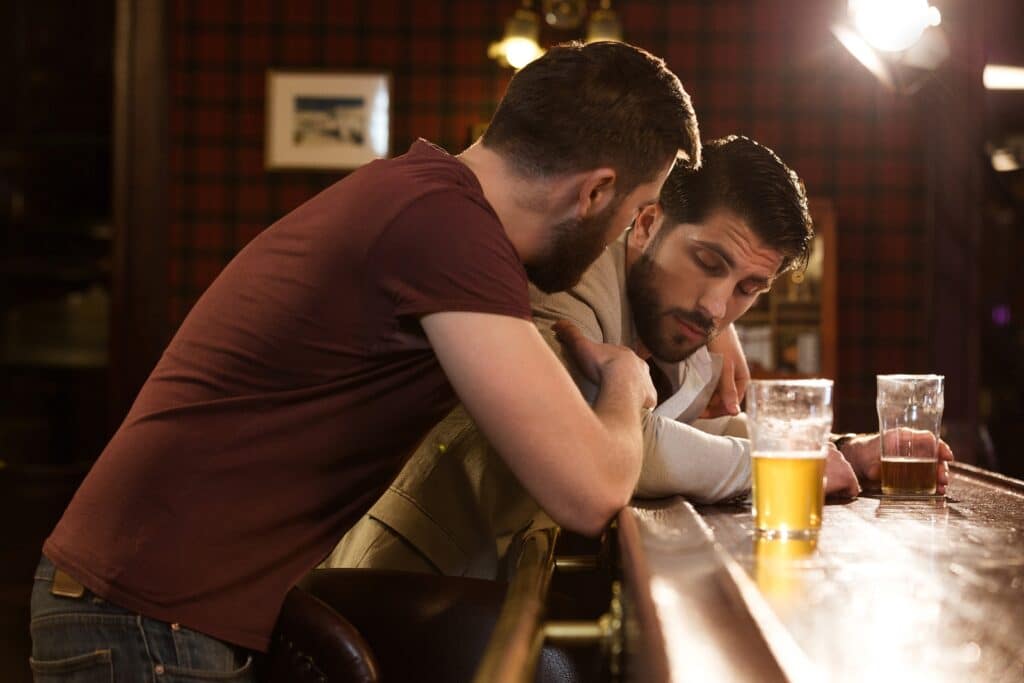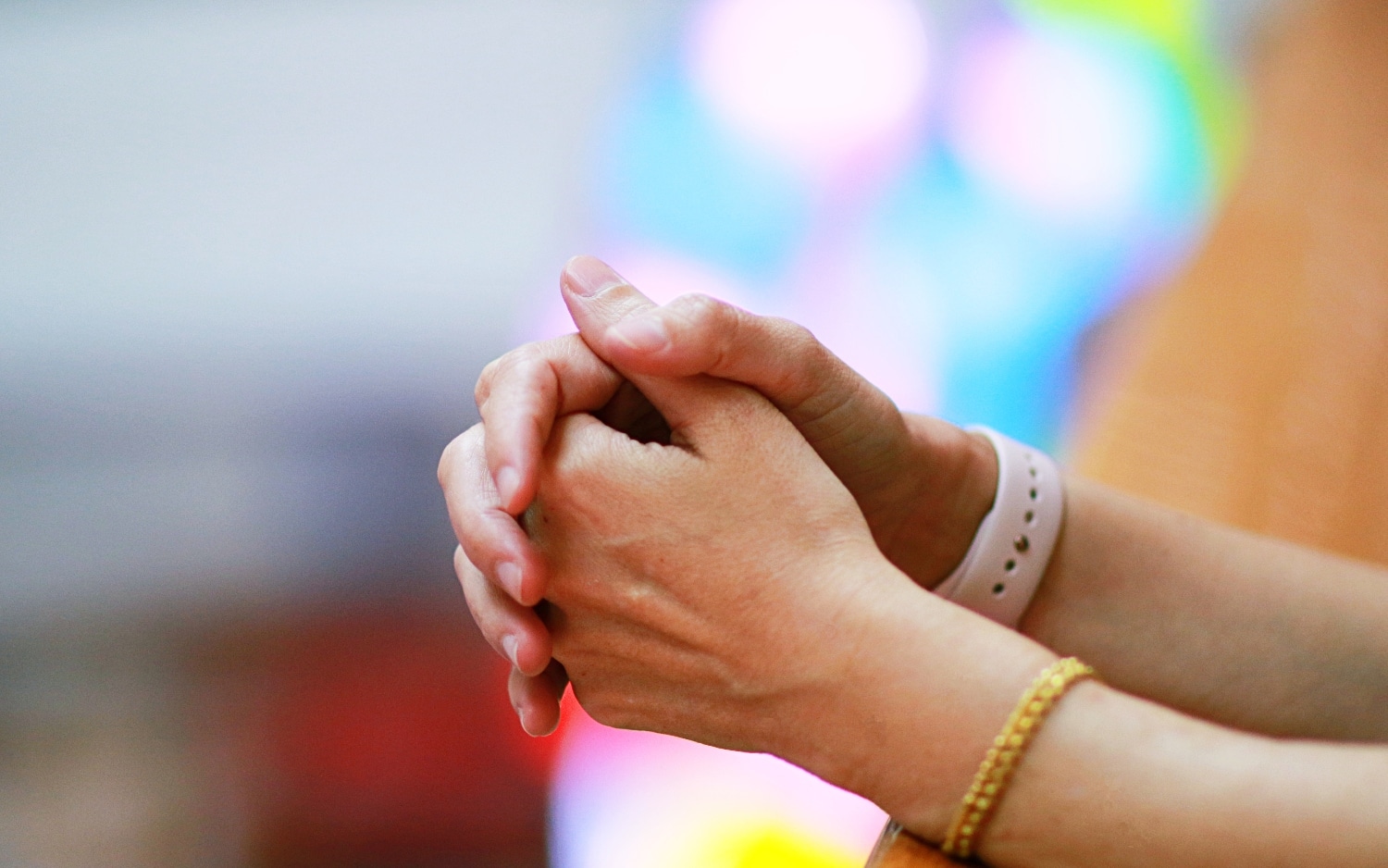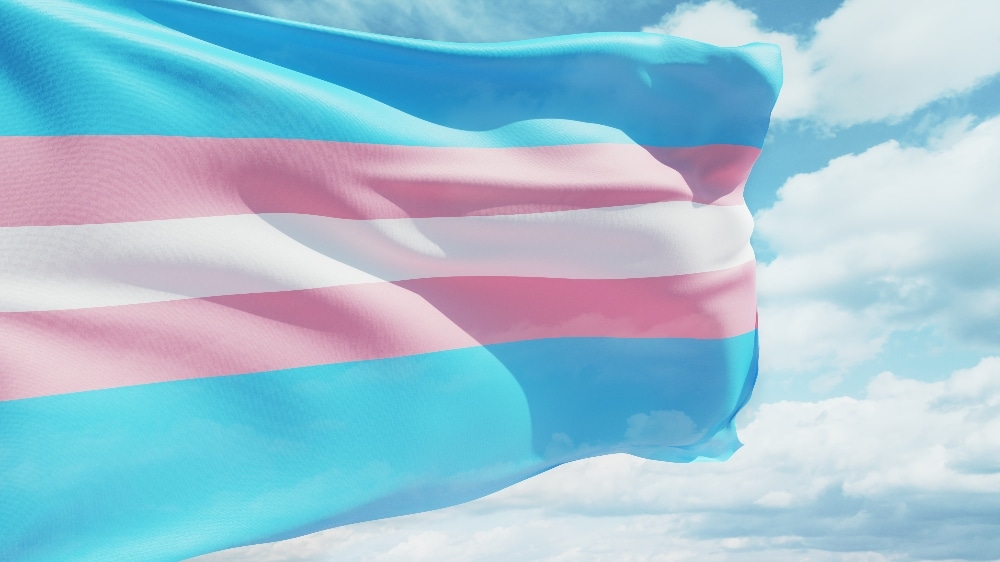Addiction doesn’t just affect the individual struggling with substance use – it creates ripple effects that touch every relationship in their life. From romantic partnerships and family bonds to friendships and workplace connections, addiction transforms how people interact with one another, often leaving trails of hurt, confusion, and broken trust in its wake.
At No Matter What Recovery, we’ve worked with countless individuals and families affected by addiction, and we’ve seen firsthand how central relationship healing is to successful long-term recovery. In this article, we’ll explore how addiction impacts relationships, the common patterns that emerge, and strategies for rebuilding healthy connections during recovery.
How Addiction Affects Relationships
Trust Erosion
Perhaps the most devastating impact of addiction on relationships is the gradual erosion of trust. Substance use often leads to behaviors that damage trust, including:
- Dishonesty about substance use
- Financial secrecy or theft
- Broken promises and commitments
- Unexplained absences
- Personality changes when using substances
Once trust is broken, it becomes increasingly difficult to maintain healthy relationship dynamics. The non-addicted partner may feel the need to constantly check up on their loved one, leading to patterns of suspicion and control that further damage the relationship.
Communication Breakdown
Healthy relationships rely on open, honest communication. Addiction creates barriers to this communication through:
- Denial about the severity of substance use
- Defensiveness when addiction is mentioned
- Withdrawal from conversations
- Impaired ability to express emotions sober
- Fear of judgment or consequences
These communication issues often lead both parties to avoid difficult topics altogether, creating distance and disconnection.
Role Reversals and Codependency
Addiction frequently forces relationship roles to shift in unhealthy ways:
- Partners or family members may take on caretaking roles
- Increased financial responsibility falls on non-addicted loved ones
- Children may be forced into adult roles prematurely
- Boundaries become blurred or non-existent
These dynamics can create codependent relationships where the non-addicted partner’s identity becomes wrapped up in “saving” or managing the addicted individual. As we’ve explored in our article on codependency and alcohol addiction, these patterns can be extremely difficult to break without professional help.
Codependency is so prevalent in relationships affected by addiction that it’s often referred to as “relationship addiction” by mental health professionals, characterized by an unhealthy or obsessive dependence on another person. Studies have found that codependency is significantly higher in women married to men with substance use disorders. This complex dynamic can lead the codependent individual to neglect their own needs while enabling the addiction, resulting in poor health, low self-esteem, and depression.
Emotional and Physical Intimacy Challenges
Substance use disorders create significant barriers to genuine intimacy:
- Substances often become the primary relationship
- Emotional vulnerability becomes threatening
- Physical intimacy may be affected by substance use
- Shared activities and bonding experiences decrease
- Emotional reactions become unpredictable
For partners especially, this loss of intimacy can be devastating and leave them feeling rejected, unwanted, and alone despite being in a relationship.
Common Relationship Patterns in Addiction
The Enabler
Enablers shield their loved ones from the natural consequences of addiction. While often well-intentioned, enabling behaviors actually make recovery less likely by:
- Making excuses for the addicted person’s behavior
- Providing financial support that funds substance use
- Lying to others to cover up addiction-related problems
- Taking over responsibilities the person can no longer manage
If you find yourself constantly rescuing a loved one from the consequences of their addiction, you may be enabling them.
The Controller
When faced with a loved one’s addiction, some people respond by trying to control the situation:
- Monitoring the person’s whereabouts constantly
- Setting rules and ultimatums
- Searching for evidence of substance use
- Attempting to manage all aspects of the person’s life
While these behaviors stem from fear and a desire to help, they often increase tension and resistance, pushing the addicted person further into substance use as a form of rebellion or escape.
The Distancer
Some family members cope with addiction by emotionally or physically distancing themselves:
- Avoiding interactions with the addicted person
- Emotionally shutting down during conflicts
- Focusing intensely on work or other activities outside the home
- Developing separate lives and routines
While creating some distance can be healthy in certain situations, complete withdrawal often prevents the possibility of healing and reconciliation.
Rebuilding Relationships in Recovery
Recovery isn’t just about sobriety – it’s about creating a new life that includes healthy relationships. Here are key strategies for relationship healing:
Establish Clear Boundaries
Healthy relationships require clear, consistent boundaries. In recovery, this means:
- Identifying what behaviors are acceptable and unacceptable
- Communicating these boundaries clearly and calmly
- Enforcing consequences when boundaries are crossed
- Respecting others’ boundaries as well
In early recovery especially, boundaries provide safety and structure that support healing for everyone involved.
Practice Honest Communication
Rebuilding trust begins with honest communication:
- Practice speaking without blame or judgment
- Express feelings using “I” statements rather than accusations
- Listen actively without planning responses
- Be willing to acknowledge hurt caused during active addiction
- Remain patient when difficult topics arise
Family therapy, which we offer at No Matter What Recovery, provides a safe space to develop these communication skills under professional guidance.
Understand the Role of Forgiveness
Forgiveness is complex in recovery relationships:
- It doesn’t mean forgetting or excusing harmful behavior
- It’s a process rather than a one-time event
- Self-forgiveness is often as important as forgiving others
- Some actions may take years to fully process and forgive
- Forgiveness is ultimately for your own healing, not just the other person’s
Remember that forgiveness doesn’t always mean reconciliation is possible or appropriate in every relationship.
Rebuild Intimacy Gradually
For romantic partners, rebuilding intimacy takes time:
- Focus first on emotional connection before physical intimacy
- Create new rituals and shared experiences without substances
- Celebrate small moments of connection
- Be patient with the process and avoid rushing it
- Explore new ways to express affection and appreciation
Our article on finding and relearning intimacy in sobriety offers additional guidance for couples navigating this journey.
Consider Professional Support
Relationship healing in recovery often benefits from professional guidance:
- Family therapy addresses systemic patterns
- Couples counseling helps partners navigate new relationship dynamics
- Support groups like Al-Anon provide community for loved ones
- Individual therapy helps each person process their own emotions
Professional treatment that addresses both addiction and relationship dynamics has shown promising results. At No Matter What Recovery, our family therapy program recognizes that family healing is central to successful recovery, and we provide specialized support for all family members affected by addiction.
Special Considerations for LGBTQ+ Relationships
Members of the LGBTQ+ community face unique challenges related to addiction and relationships:
- Minority stress can complicate recovery and relationship dynamics
- Finding affirming treatment and support is essential
- Some relationship patterns, like those in chemsex or party and play cultures, may be deeply intertwined with substance use
- Family of origin relationships may add additional complexity
Our specialized LGBTQ+ addiction treatment addresses these unique needs, providing culturally competent care that honors all relationships.
Finding Your Path Forward
Whether you’re the person in recovery or a loved one affected by someone else’s addiction, relationship healing is possible. The journey requires patience, honesty, and often professional support, but the rewards of healthy connection are worth the effort.
At No Matter What Recovery, we understand that addiction is a family disease, and true healing must include all relationships affected by substance use. Our comprehensive approach includes:
- Family therapy sessions
- Couples counseling
- Education about addiction for loved ones
- Support groups for family members
- Ongoing relationship skills development
If you’re ready to begin healing the relationships in your life affected by addiction, we’re here to help. Contact us today to learn more about our programs and how we support not just individuals in recovery, but all those who love them.
Resources for Relationship Healing in Recovery
FAQs
Yes, relationships can survive addiction, but it requires commitment to recovery, honesty, and often professional help. Both partners must be willing to address not just the addiction itself, but also the unhealthy relationship patterns that developed around it. With proper treatment and mutual effort, many couples emerge stronger than before.
Signs of codependency include consistently putting your partner’s needs first, making excuses for their substance use, feeling responsible for their emotions or sobriety, difficulty setting boundaries, and deriving your self-worth from “helping” them. If you recognize these patterns, speaking with a therapist who specializes in addiction and relationships can help.
This personal decision depends on factors like safety, commitment to recovery, and your own well-being. Consider whether there’s any abuse in the relationship if your partner acknowledges their addiction and seeks help, and if you can maintain your health while supporting them. If there’s abuse, prioritize your safety. Remember that you cannot force someone into recovery—they must want it for themselves.
Healing timelines vary greatly depending on the addiction’s severity, relationship damage, and how actively both partners work on recovery. Some trust may rebuild within months of consistent recovery, while full healing often takes years. The journey isn’t linear—setbacks happen and should be viewed as learning opportunities rather than failures.
If your partner refuses help, focus on your well-being through therapy and support groups, clearly communicate your boundaries and consequences, consider a professional intervention, and make decisions based on your health and safety. Remember that you can’t control their choices, only your responses and boundaries.

Mell McCracken, CADC-II, ASAT, RAE
Mell McCracken is the Executive Director of No Matter What Recovery, serving as the leader of the clinical treatment program and overseeing our sexualized drug use curriculum.
Mell is nationally and internationally recognized as an LGBT+ educator, co-author, and treatment provider. They also serve as faculty member at the International Institute of Trauma and Addiction Specialists. They are committed to uplifting voices and breaking stigmas, one conversation at a time, and have spent their career fighting for inclusivity and empowerment through chemsex education and LGBT+ activism.







